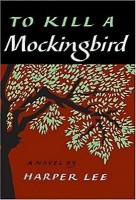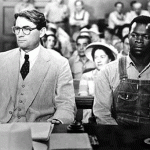For Sale: George Zimmerman’s Property
 Most law school classes in Property begin with the venerable bundle of sticks metaphor. The “bundle” includes those rights and interests held by the owners of property. The assorted “sticks” take on different shapes and sizes, and owners invoke one or more of them to a different extent as the times change. In the opinion of many, the right to sell one’s property has supplanted the right to use one’s property as the most important “stick” of in the present.
Most law school classes in Property begin with the venerable bundle of sticks metaphor. The “bundle” includes those rights and interests held by the owners of property. The assorted “sticks” take on different shapes and sizes, and owners invoke one or more of them to a different extent as the times change. In the opinion of many, the right to sell one’s property has supplanted the right to use one’s property as the most important “stick” of in the present.
The recent efforts of George Zimmerman to market the gun he used to shoot Trayvon Martin is a particularly distasteful example of an attempt to sell one’s property. While patrolling as part of a self-styled neighborhood watch in a gated community near Orlando, Florida, Zimmerman confronted and fought with the seventeen-year-old Martin. In the midst of the struggle, Zimmerman fired his 9 mm Kel-Tec PF-9 pistol and killed Martin.
Zimmerman was tried for the murder in early 2012, and the media absolutely feasted on the courtroom proceedings. Zimmerman and his attorneys successfully argued the shooting was in self-defense. Zimmerman was acquitted in February, 2012, and he publicly delighted in his victory at trial. What’s more, the United States Justice Department at that point returned the weapon to Zimmerman.
This past week, Zimmerman put the gun up for sale on several gun auction sites.

 American letters lost one of its legendary figures when Harper Lee died at 89 on February 19. Lee’s beloved To Kill a Mockingbird won the Pulitzer Prize for fiction in 1961, and it was the most popular of all twentieth-century novels by American authors.
American letters lost one of its legendary figures when Harper Lee died at 89 on February 19. Lee’s beloved To Kill a Mockingbird won the Pulitzer Prize for fiction in 1961, and it was the most popular of all twentieth-century novels by American authors.